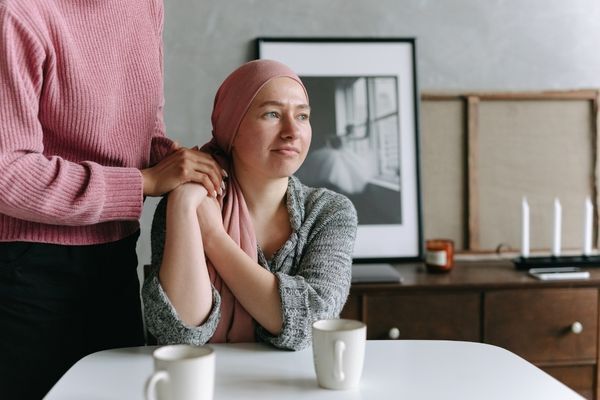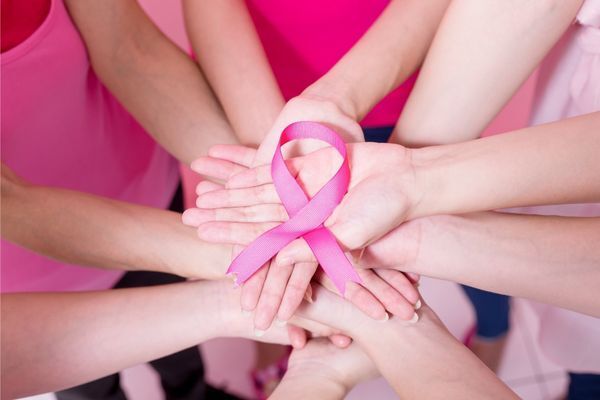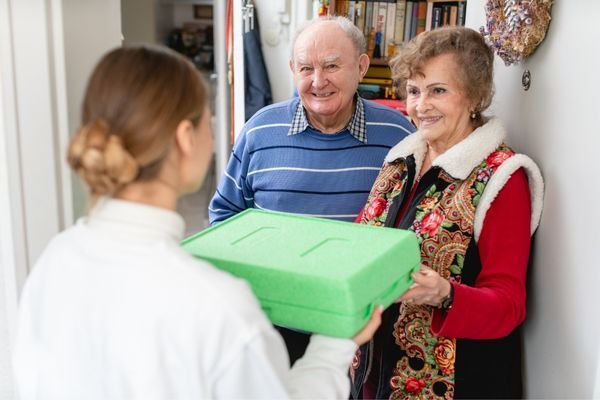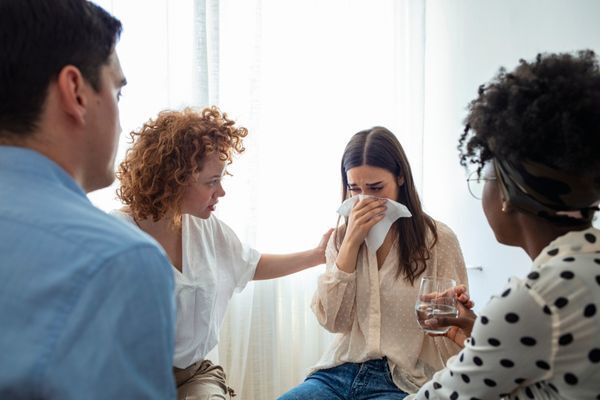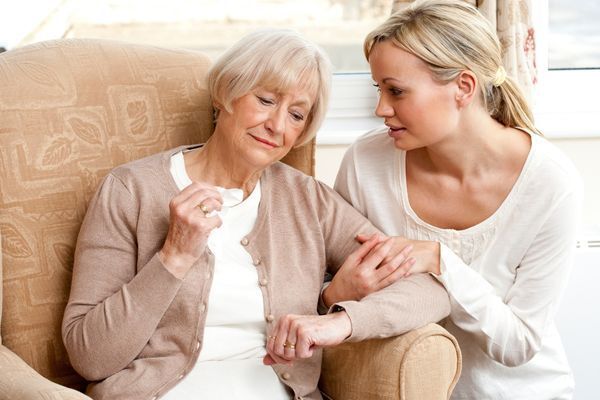10 Things to Remember When Supporting Someone with Cancer
When someone close to you is diagnosed with cancer (or any serious illness) it is likely to affect you in many ways. Of course, you want to be able to help your friend, co-worker, family member, spouse or loved one, but you might also feel uncertain about how to best support them during this time.
You might not know what to say or do, or news of their diagnosis might leave you feeling shocked or distressed. Sometimes, finding out that someone you care about has cancer can bring up feelings of helplessness or powerlessness as you come to terms with what this diagnosis means, not only for them, but for your relationship, and life as you understand it.
Even though you are focussed on supporting the person who is unwell, it’s important to not ignore or invalidate your own feelings. Acknowledging how you feel and getting the support you need, means you can continue to be there for the person you love, when they need you the most.
To help you help them through this difficult time, I’ve put together 10 things to remember when you are supporting someone with cancer.
01
Remember that every cancer is different
If you have a story about your uncle or best friend’s sister - good or bad - it might not be helpful to share it. Even if it’s a positive story, you might put pressure on them to always be positive - which isn’t in fact helpful. They need to be able to express how they are truly feeling, not fake it. Don’t compare their cancer to others, or try to suggest that they should do what your uncle’s best friend’s sister did to cure their cancer. Just don’t.
02
Remember, it's okay no to know what to say
You want to reach out and let them know you care but you might worry that you’re being a burden, or you just don’t know what to say. It’s okay to tell them “I don’t know what to say, but I care about you so much, and I’m here to listen and help in any way I can”. It’s much better to do that than to disappear from their life at a time when they need support.
03
Remember you can use groups to share information
Organise a group of friends and family to share important information - so the person with cancer isn’t being burdened with keeping everyone updated individually. You might make a facebook group or telegram channel, and assign certain people roles within the group to help get important information shared. This can be a good way to organise practical support too.
04
Remember they are more than just a cancer patient
Don’t talk only about cancer - try to treat them like you always have. Of course, things are different, and you should listen and talk about the cancer journey when they want to, but remember to also talk about other common interests you share.
05
Remember, they still need to eat!
Can you make their favourite meals, either cooking and eating with them, or dropping off frozen meals for an easy option when they need it? Eating well is so important during cancer treatment but some people have special requirements, changes in taste or loss of appetite. You could organise a roster with friends and family or do the grocery shopping for them.
06
Remember to take care of your own emotional needs
It’s sometimes ok to share a few tears together, and that can even be a beautiful way to support your loved one, but remember YOU are the one supporting THEM. So be mindful of not leaning on them for emotional support. Instead find another friend or counsellor to get support to manage what’s coming up for you.
07
Remember, their family needs support too
Can you offer childcare, do school pick ups, spend time with their children, or provide lifts to after school sports? If you’re close to their parents, spouse, or other family members, remember to check in on them as well, to see how they are coping and how you can support them.
08
Remember their pets
Another practical way you can support someone is taking their pets for a walk, to the vet, anything that can help their furry friends continue to bring joy to their lives.
09
Remember, there are many ways to provide financial support
When someone has cancer their work life is impacted, especially when undergoing treatment and so, of course, their household income will be impacted. Organising a fundraising event, a go fund me page or similar is helpful. You could get creative and challenge yourself to do something like shave your head or do a long-distance walk to raise funds.
10
Remember, it's their life!
If you want to know the best way to support someone, ASK them. They may not know where to start. They may feel like so much is out of their control and they may appreciate having some agency in simple things like who is taking them where, and what meals are being cooked. Other people may feel so overwhelmed that knowing someone else is taking care of the details is a relief. A helpful approach could be to say “I’d love to help out by doing [whatever it is you want to do for them specifically], how does that sound for you?” and “I want you to tell me if I’m being too pushy or you actually need me to help in some other way, ok?”
Having been through life-threatening cancer myself, I know just how important it is to have the right people by your side, on the cancer journey. Many people stepped up, people I never thought would be there. Other people who I thought were going to have my back, just weren’t there and I think in many cases, it was simply because they didn’t know how to support someone with cancer.
I hope this list is a useful guide for you, so that the person in your life who is dealing with cancer, has all the support they need.
Edward Enever
Adv.Dip. (Nat)
Edward's main area of interest is in chronic disease, particularly people with a diagnosis of cancer. After defeating cancer three times, Edward now uses his skills and experience to guide patients through their journey with cancer and other chronic illnesses.






